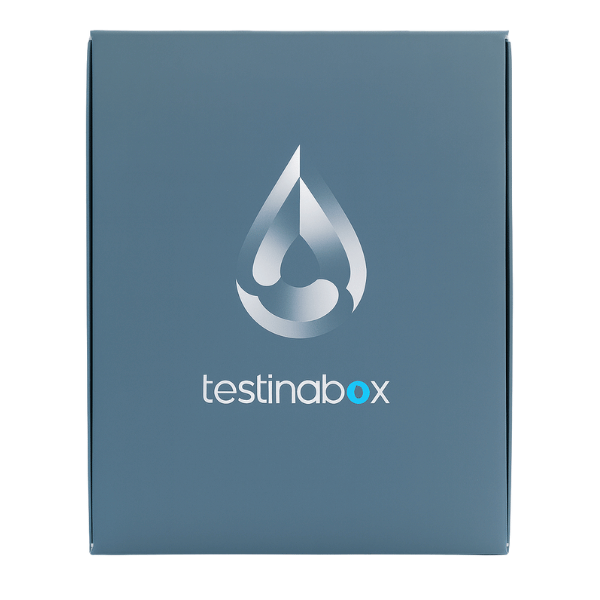

GLP-1 Plus Weight Management Profile This enhanced monitoring panel builds on essential safety markers by adding Vitamin B12, Vitamin D, and Leptin, providing deeper insight into nutrient status, metabolic health, appetite regulation, and treatment response during GLP-1 therapy. What This Advanced Profile Measures Blood Sugar & Metabolic Control Liver & Pancreatic Health Kidney Function Thyroid Function Cardiovascular Lipid Profile Nutrient Status & Appetite Regulation Blood Health
GLP-1 medications are transforming weight loss and type 2 diabetes care by influencing appetite control, glucose regulation, and metabolic rate. Alongside intensive weight-loss programmes, however, these rapid changes can also affect nutrient status, organ function, and overall metabolic balance.
The Weight Loss / GLP-1 Plus Profile from Vitalync Diagnosis expands on our standard GLP-1 panel by adding Vitamin B12, Vitamin D and Leptin, offering a more comprehensive view of nutrient sufficiency, appetite signalling and your body’s metabolic response to treatment.
Vitamin B12 — Essential for energy, neurological function and red blood cell production; levels may fall with restricted intake, gut issues or certain medications.
Vitamin D (25-OH) — Key for immunity, bone strength, mood and metabolic health; deficiency is common during rapid weight change.
Leptin — A hormone involved in appetite regulation and fat metabolism; abnormal levels may reflect metabolic resistance or adaptation during weight loss.
HbA1c — Measures average blood glucose over 2–3 months to monitor diabetes risk and treatment effectiveness.
ALT, AST, GGT, Total Bilirubin — Monitor liver stress, inflammation or bile flow changes.
Amylase, Lipase — Pancreatic enzymes; raised levels may indicate irritation or inflammation.
Urea, Creatinine, Uric Acid, eGFR — Assess kidney function to ensure GLP-1 therapy and weight loss are well tolerated.
TSH, Free T4 (FT4) — Thyroid balance influences weight regulation, mood, energy levels and metabolic rate.
Total Cholesterol, HDL, LDL, Triglycerides — Track cardiometabolic risk factors as weight and metabolic markers change.
Full Blood Count (FBC) — Screens for anaemia, infection or inflammation affecting energy, immunity and overall wellbeing.
This enhanced GLP-1 blood test is ideal for:
Individuals using or about to start GLP-1 medications for weight loss or type 2 diabetes
People experiencing rapid weight change, fatigue or suspected nutrient deficiencies
Those managing obesity, pre-diabetes, metabolic syndrome or insulin resistance
Anyone seeking a comprehensive, medically guided weight-loss health check
This expanded panel provides a more complete picture of treatment safety and effectiveness, helping you:
Confirm response to GLP-1 therapy
Detect Vitamin B12 or Vitamin D deficiencies early
Understand appetite hormone (Leptin) signalling and metabolic adaptation
Monitor liver, kidney, pancreas and cardiovascular health
Tailor medication, nutrition and lifestyle changes for safer, sustainable results
Order online securely
Visit your nearest Vitalync Diagnosis partner blood draw clinic (no GP referral required)
Post your sample to our accredited UK laboratory using the prepaid pack
Receive results securely via email
Morning sampling and fasting may be recommended (especially for lipid testing).
Follow medication timing and preparation instructions included in your kit.
Results support monitoring and decision-making, and should be reviewed with a healthcare professional.
Our partner laboratory, Medical Diagnosis, is UKAS ISO 15189 accredited, and Medical Diagnosis Victoria is registered with the Care Quality Commission (CQC), ensuring all diagnostic testing meets the highest UK standards of quality and accuracy. Medical Diagnosis Victoria is authorised to provide Testosterone Replacement Therapy (TRT) and related clinical services, which are delivered following appropriate medical assessment by GMC-registered doctors with extensive clinical experience.
More About It